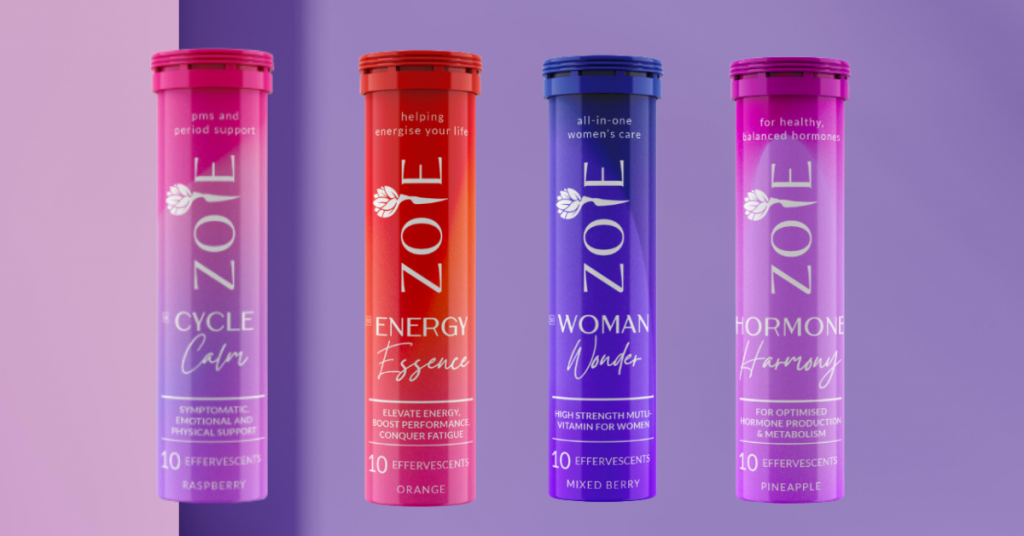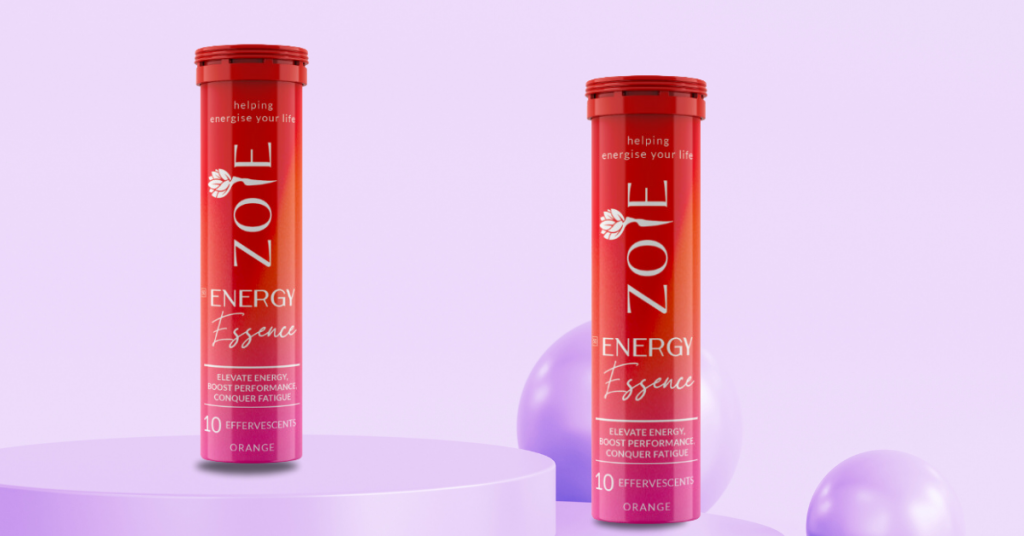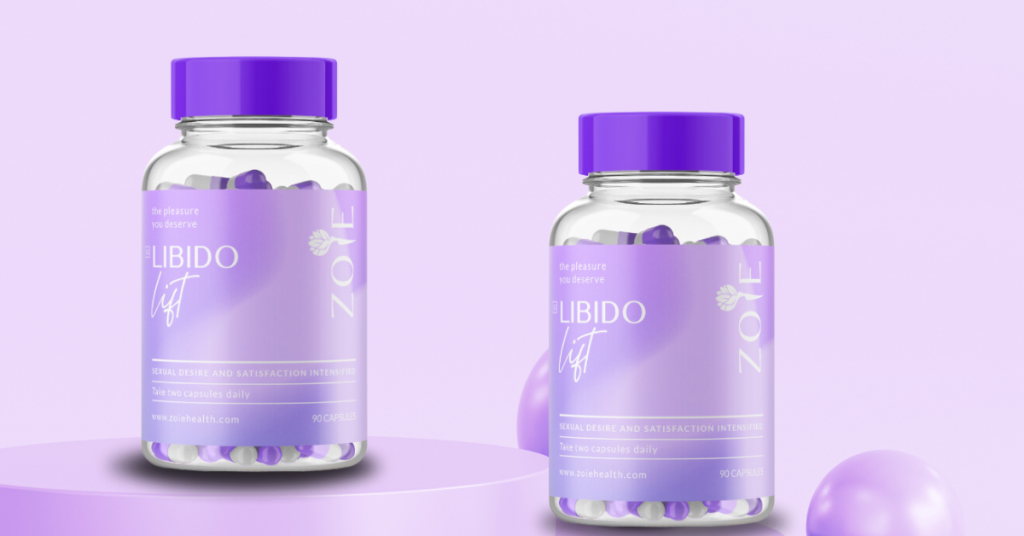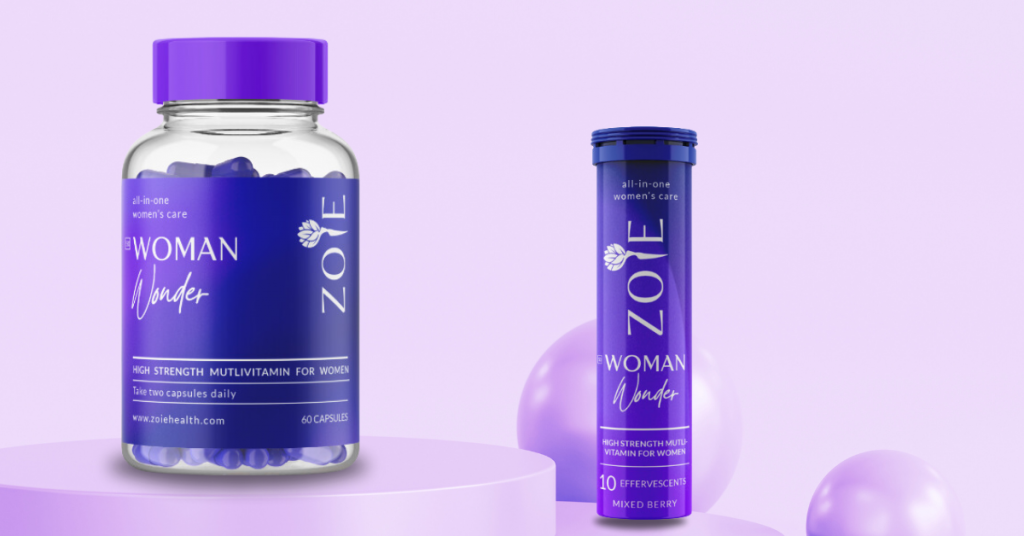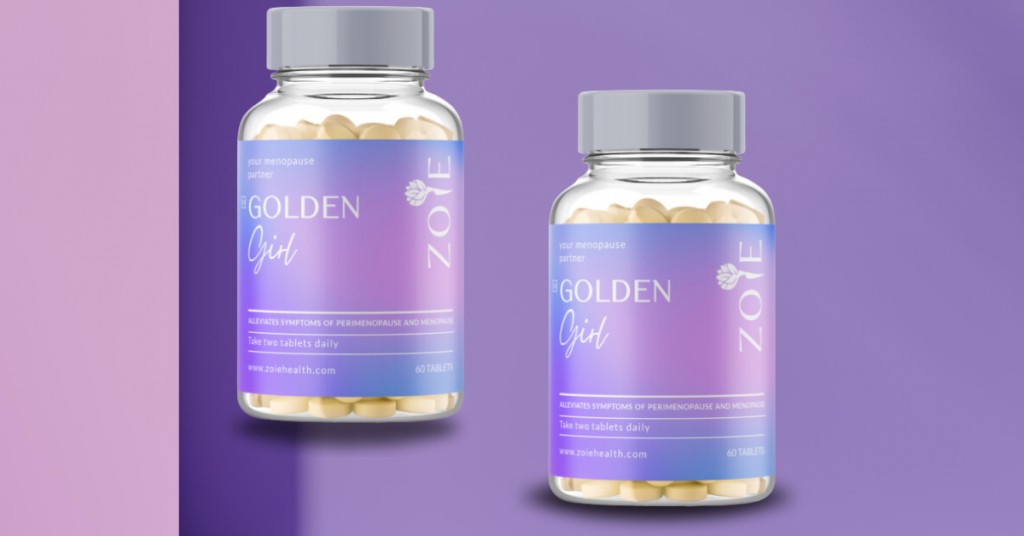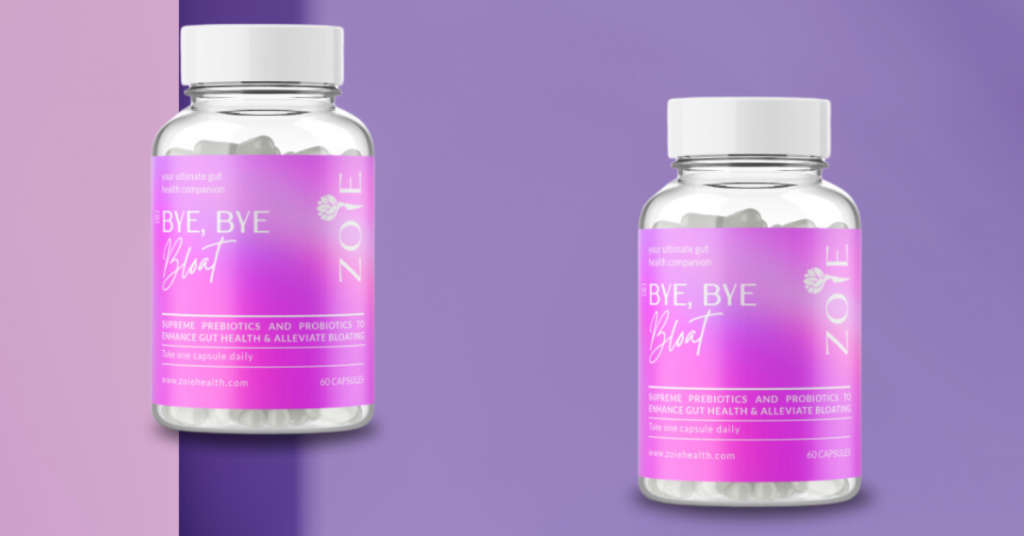It’s normal for periods to last for 3-7 days, but if you are experiencing heavy periods there may be an underlying health condition causing this. Losing a lot of blood during your period can lead to low iron levels which can negatively impact your health.
We want you to better understand what causes this and what can be done about it.

What causes this?
Women who experience heavy periods, also known as menorrhagia, often bleed more heavily or for longer. This means the body is losing large amounts of blood and tissue filled with iron. Over time, this can lead to the iron store in the body being depleted and causing an iron deficiency or even anemia.
There are multiple things that could cause you to have heavy periods including:
- Hormonal imbalances
- Underlying health conditions such as PCOS or endometriosis
- Certain medications
Read more: How to know if you have PCOS, endometriosis or both?
What can I do to improve my iron levels?
Introducing more iron into your diet is one of the best ways to increase iron levels in your body. Try eating foods that contain higher amount of iron in them, some examples are:
- Red meat
- Chicken
- Fish
- Legumes like lentils or beans
- Nuts
- Green leafy vegetables like spinach or kale
Supplementing with iron tablets is also a convenient and stable way of making sure you’re getting enough iron daily. Combining an iron supplement with vitamin C, either in a supplement form or in your diet, can help with absorption.
Read more: 5 reasons you should start taking the right supplements today + Quiz
If you are experiencing heavy periods or are just feeling uncertain about your period, speaking with a women’s healthcare professional can help you to find the right diagnosis and treatment for you. To book a virtual consultation with a Zoie Health professional, click here.



